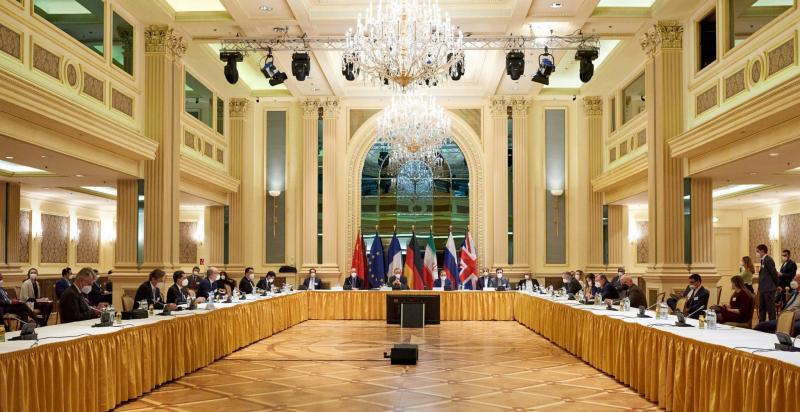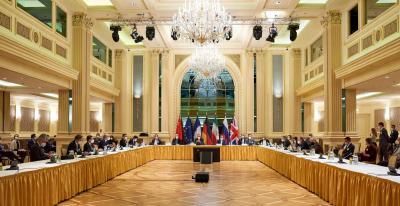The German Foreign Ministry stated that Germany urged Iran, on Wednesday, to resume talks regarding the nuclear agreement following a report indicating that Iran has accelerated its uranium enrichment to levels approaching those suitable for weapons. A spokesperson for the ministry said in a press briefing: "We strongly urge Iran to return to the negotiating table constructively and as soon as possible... We are ready to do so, but the timeline will not remain open indefinitely."
Last month, France, Germany, and Britain expressed grave concern over reports from the International Atomic Energy Agency (IAEA), confirming that Iran had produced uranium metal enriched to a fissile purity of up to 20% for the first time and raised its uranium enrichment capacity to 60%.
Last Sunday, the Iranian president appointed a new head of the country’s Atomic Energy Organization, replacing the country’s top nuclear scientist with a minister lacking experience in nuclear energy but having ties to the Ministry of Defense, according to Iranian state television.
President Ebrahim Raisi, a recently elected hardliner, chose Mohammad Islami, a 64-year-old civil engineer who previously oversaw the country's road network, to lead Iran’s civilian nuclear program and serve as one of several vice presidents. Islami succeeds Ali Akbar Salehi, an American-educated scientist who was a key player during the years of intensive international diplomacy that led to the historic nuclear deal between Tehran and world powers in 2015.
The agreement limited Iranian nuclear activities in exchange for the easing of sanctions, but former U.S. President Donald Trump announced a unilateral withdrawal from the agreement and reimposed harsh sanctions on Iran. In response, Iran gradually and publicly abandoned all constraints on its stockpile of low-enriched uranium.
In 2008, Islami served as the head of the Iranian Institute for Training and Research in Defense Industries and was subjected to United Nations sanctions "for participating in Iran's sensitive nuclear activities or providing support to it or developing nuclear delivery systems." He was blacklisted by the UN for "involvement in the procurement of prohibited tools, goods, equipment, materials, and technology," without providing further details.
Iran is building two nuclear power facilities to support its only operating reactor, which has a capacity of 1,000 megawatts and is located in the southern coastal city of Bushehr, launched with Russian assistance in 2011. Under its long-term energy plan, Iran aims to generate 20,000 megawatts of electricity from nuclear energy.




